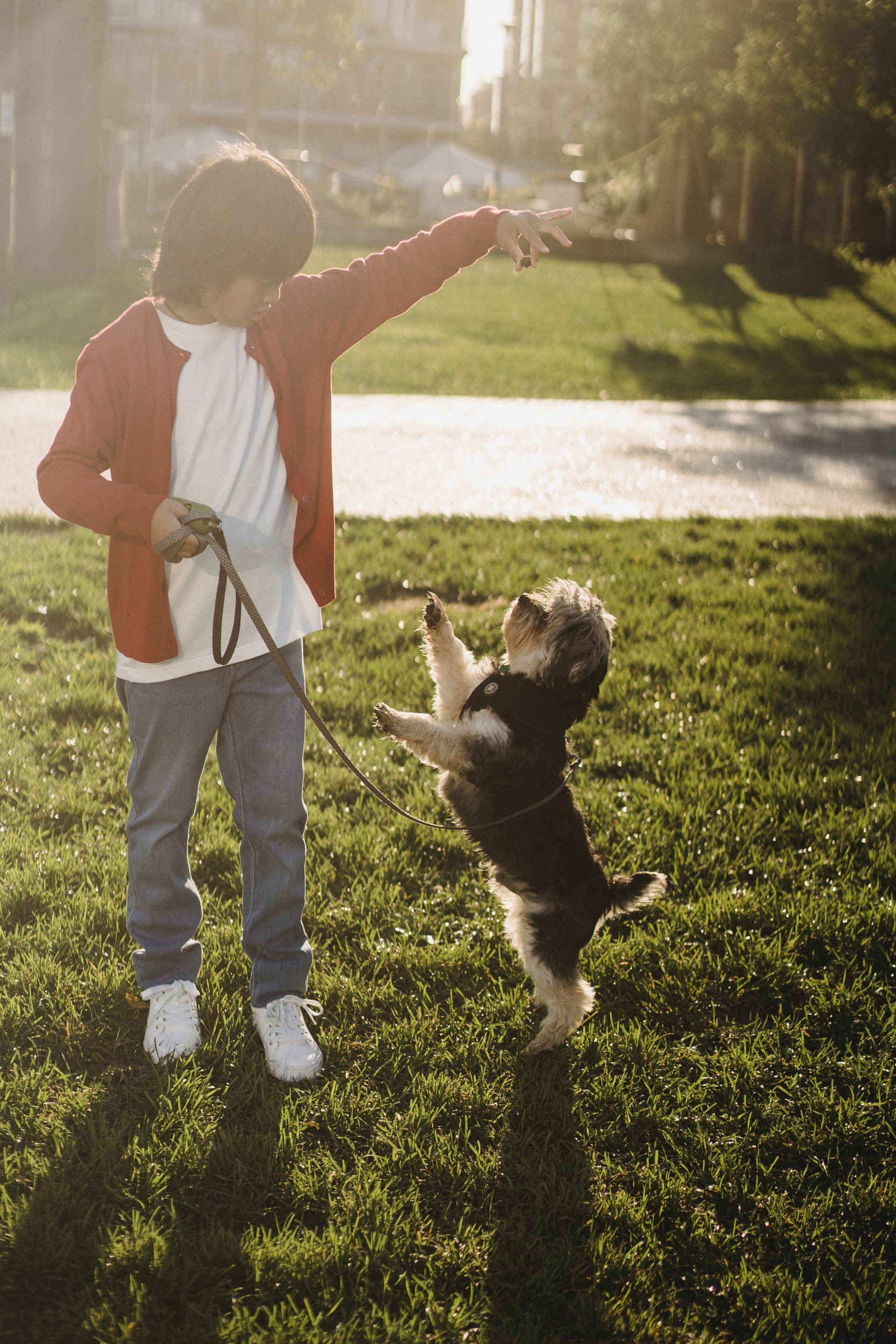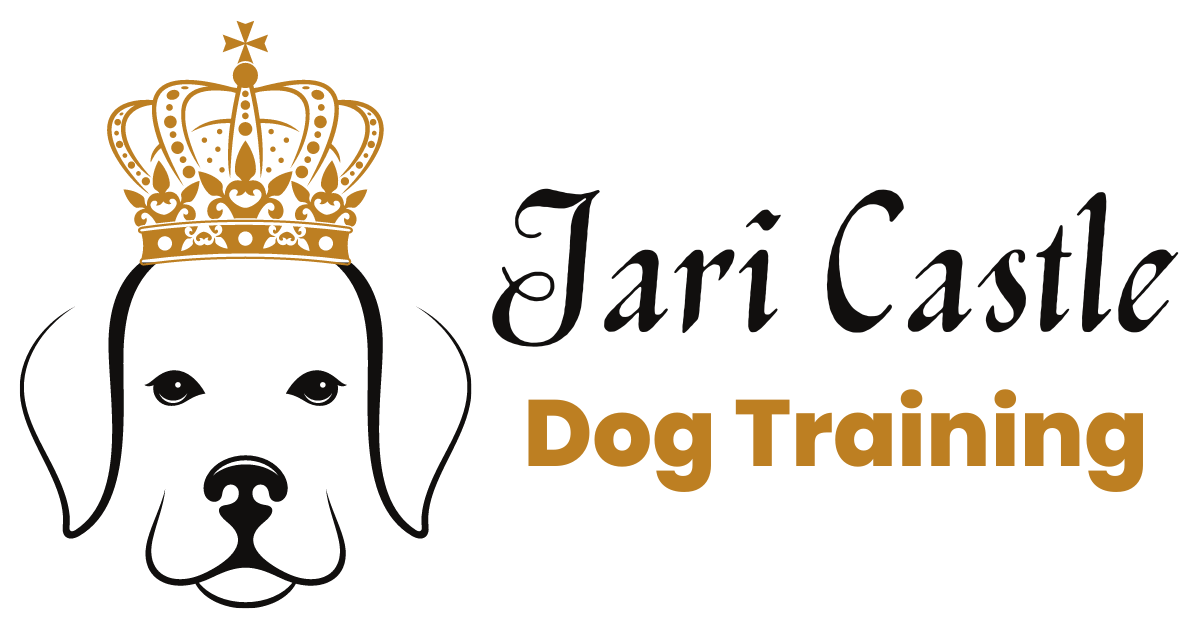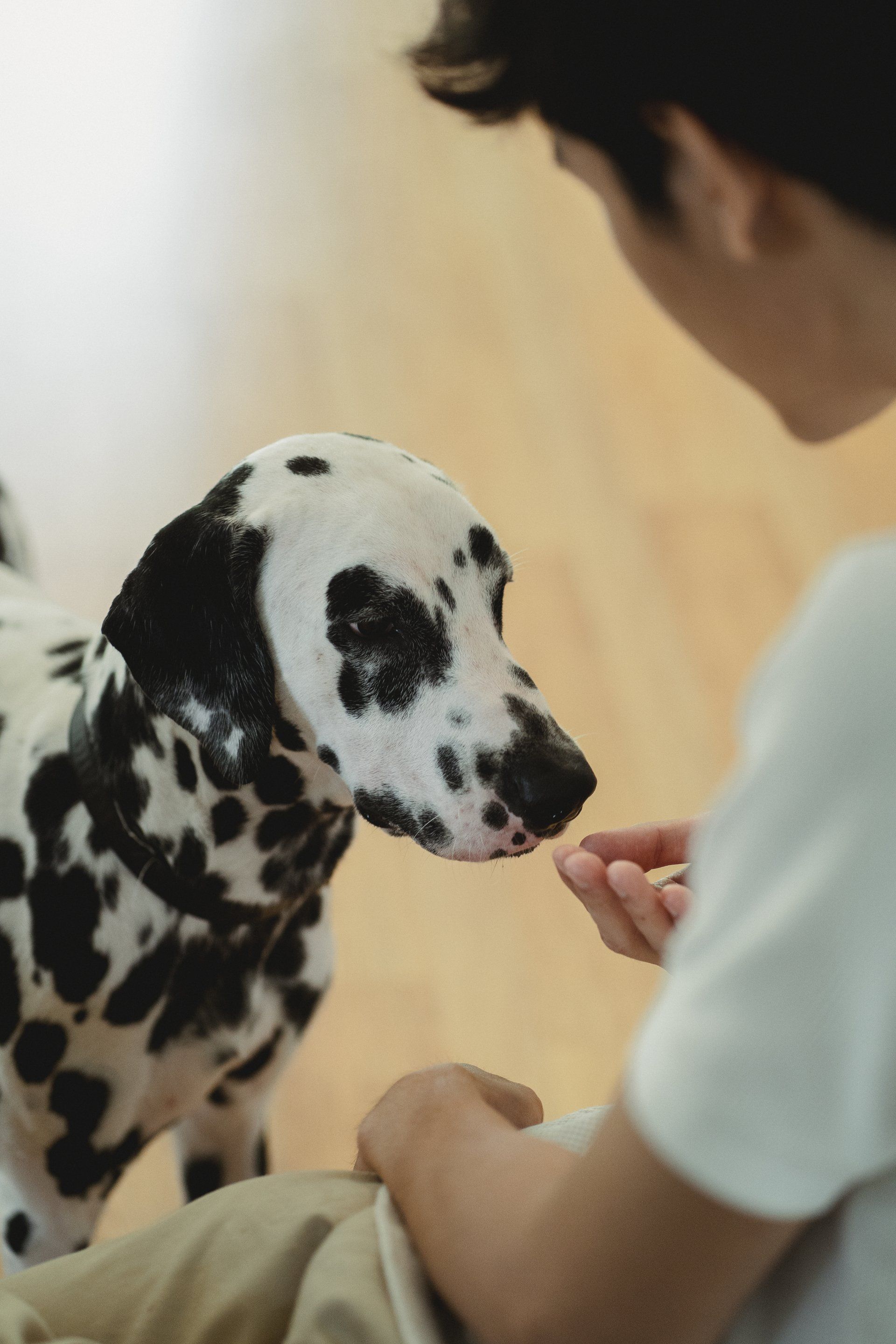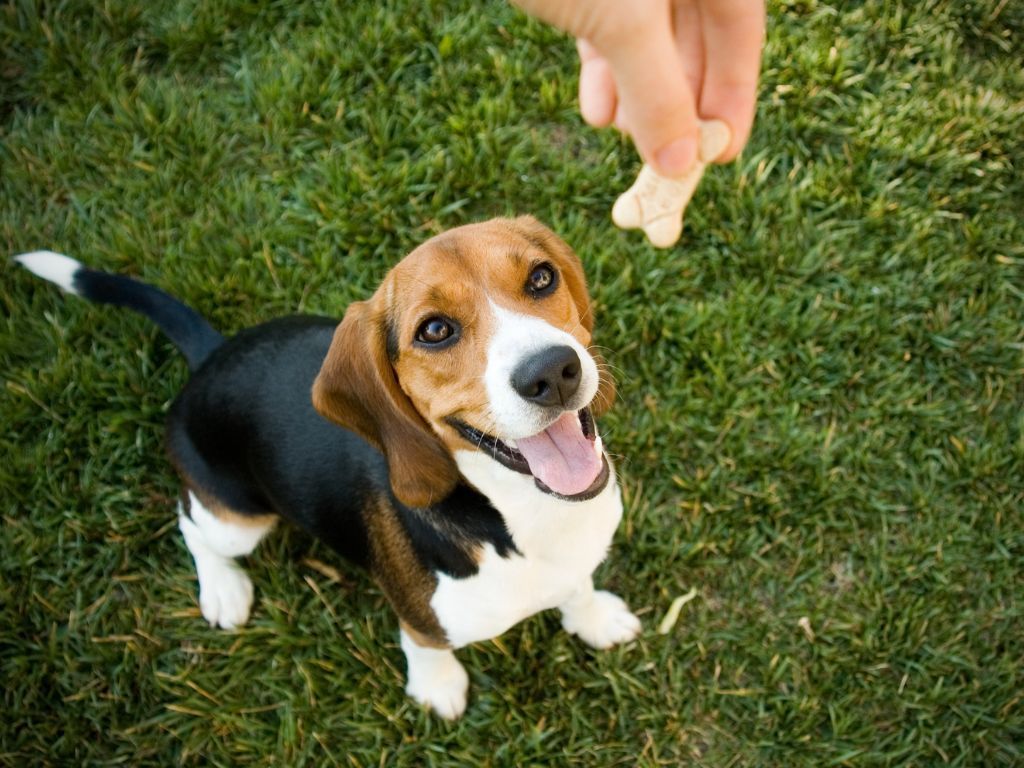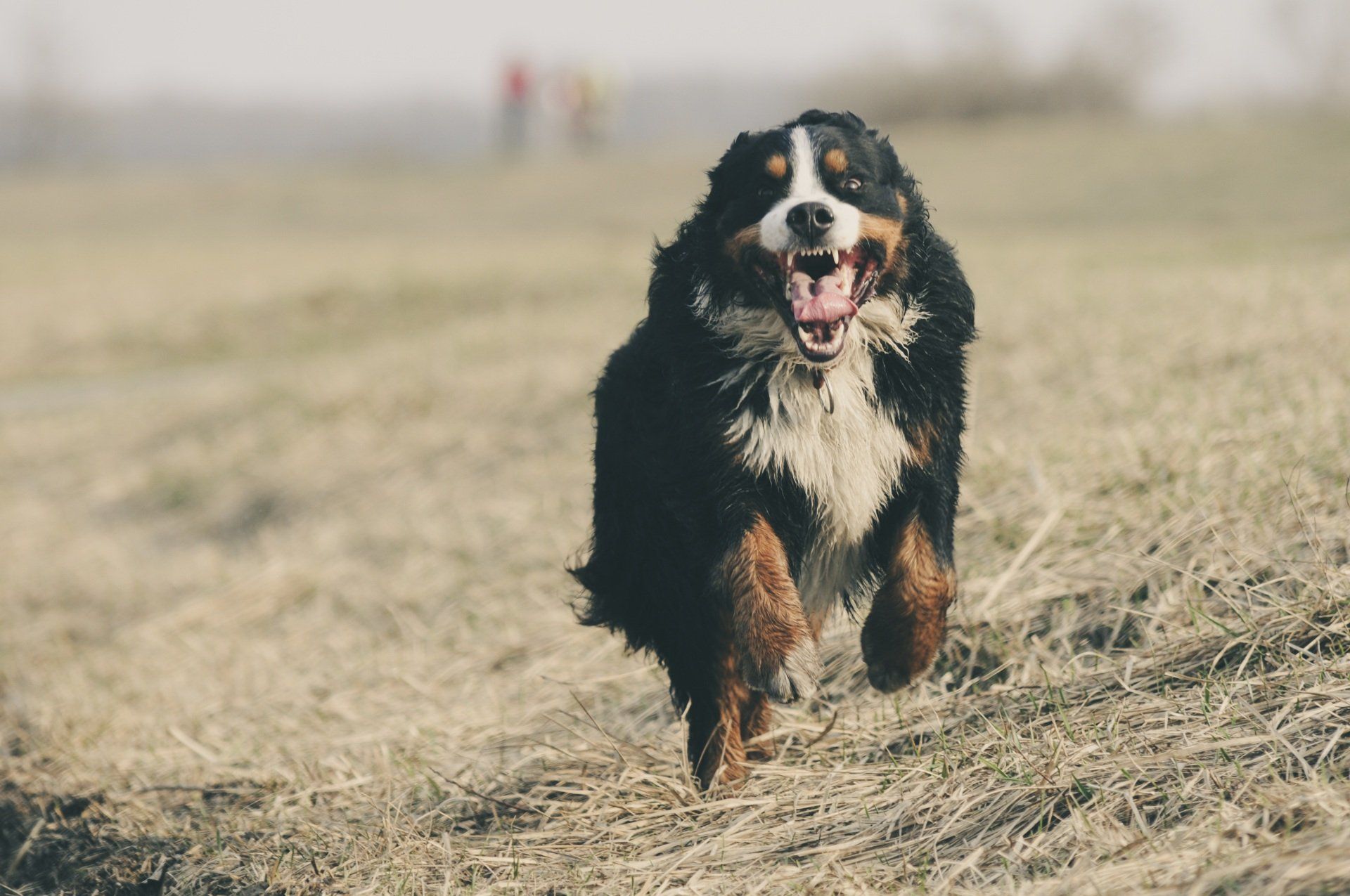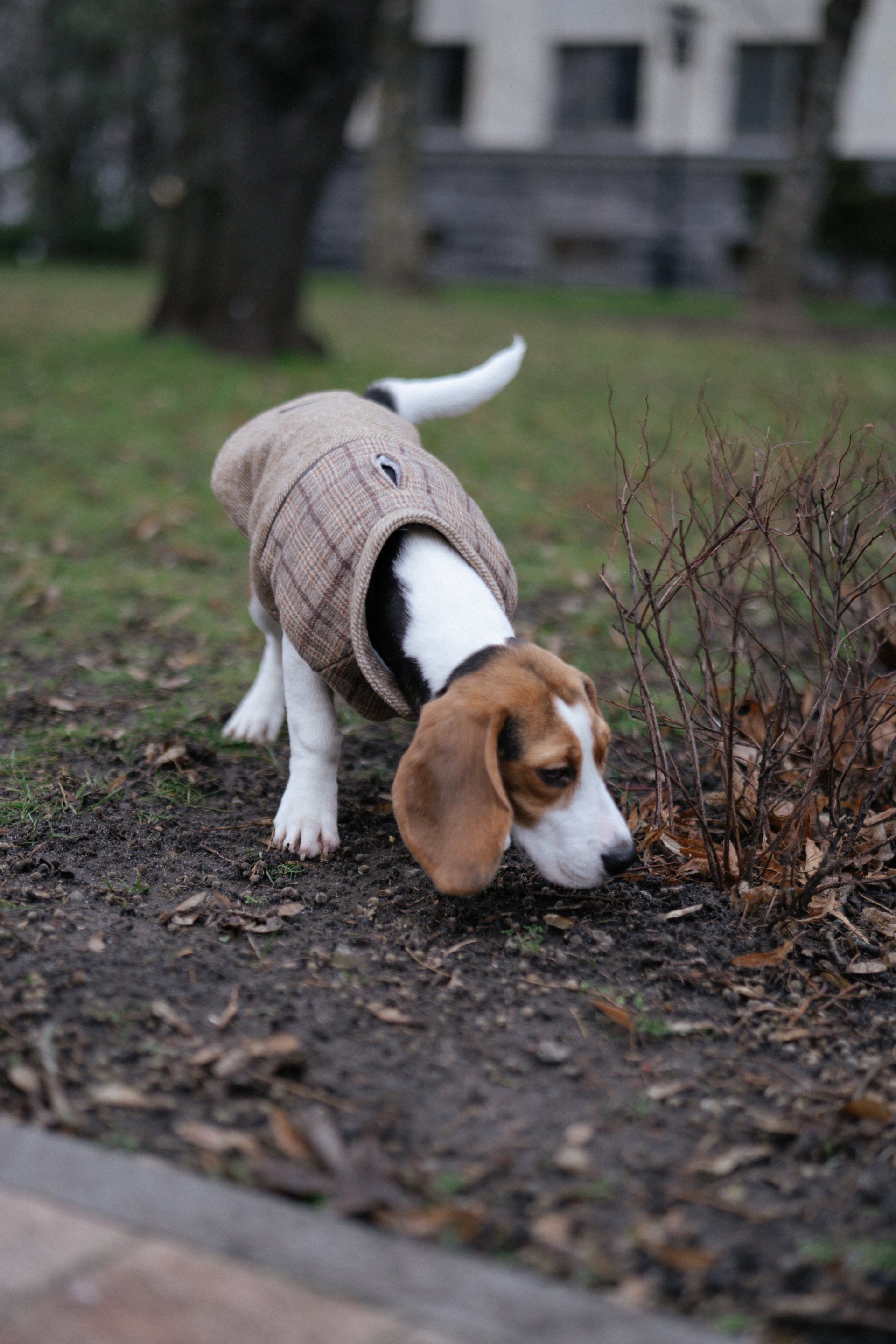Showing Up: Behaviour Change through Tiny Habits
I have been to the gym every day this year.
That sounds impressive, hey? I’ve never been a gym or regular exercise sort of adult. As the worn out joke goes, if I’m running, it’s because something is chasing me. Going to the gym is not fun. I get hot and sweaty, and it takes for-freaking-ever to actually feel any sort of benefit. More than that I feel like crap for not going as often as I “should”, and feel out of place when I am there surrounded by all these fit people. No thanks.
From a behaviour science perspective, behaviour that is punished is suppressed and avoided. A punisher is anything that the subject finds aversive. Aversion is also a scale, from mildly irritating to trauma inducing. Even when a reward is present, if the punisher is aversive enough it will still suppress behaviour. In my case the aversive stimuli are that I feel gross, I think I look gross, my muscles and joints might hurt. I feel out of place or like I don’t know what I’m doing (even though a PT has shown me what to do). If I don’t go to the gym when I told myself I would, my internal voice calls me lazy, undisciplined and that I lack motivation.
These physical and mental sensations are not enjoyable - they are aversive. The end result is that the behaviour of going to the gym is suppressed. Thanks brain, for trying to keep me safe and comfortable.
James Clear is the author of the book Atomic Habits and in his book he outlines strategies for starting, stopping and changing habits. It is an excellent book that I highly recommend. One of his strategies is the idea of showing up, and finding the most sustainable measure of a habit. What is the smallest version of the habit you can do, that even on your worst days, you can be successful doing?
Coming in to 2023, I want to take better care of myself. I’m lucky in that I’ve never truly struggled with body image and especially since having children, I am so proud and grateful for everything my body has done and does for me every day. But my actions do not reflect this feeling, and I wanted to change that. So I decided I wanted to get better at going to the gym, which I signed up for in mid-2022. My attendance has been sporadic at best. Before January 2023, my last visit had been in mid-November. Knowing myself and how I form and maintain habits, I knew that planning to go to the gym every two or three days would not work. Things come up, I don’t feel like it, and suddenly my one rest day and turned into a week (or longer). I needed to do this every day if it was going to become a normal part of my life.
To start my gym habit, I planned to go to the gym every day. Literally drive to the gym and home again. There was no expectation of doing anything there, just making the trip to the gym was enough. And that was it! If I went to the gym, that day gets a tick: I had been to the gym. By not setting expectations of what I did there, I could let go of all the negative self-talk, the guilt of not doing enough, and avoid the feelings of being self-conscious in that space.
Just doing that would not actually see any changes to my physical or mental health though, so I needed a way to actually get me moving. Enter the ‘may as well’ principle.
It goes like this: I’ve doing the drive to the gym, so I may as well jump on a treadmill for a few minutes. Well now I’ve already warmed up on the treadmill, so I may as well use the leg press machine while I’m here. I’ve worked my legs, so I may as well do chest presses to work my arms as well. Suddenly I’ve done a 20 minute work out using a variety of machines and worked a bunch of different muscles.
Another day I went to the gym to swim laps in their pool. I had previously been able to clock up 20-30 laps on my swimming trips in 2022, but in the interest of being successful, I only aimed to swim 10. Five times up and back, done. And that’s all I did for the first few times I was in the water again, doing breaststroke and freestyle. I felt great that I was in the water regularly! One day I was in the water though, did my ten laps and I thought well I’ve already done 10 laps, I may as well go up and back one more time. Then I said it again, and again. I did an extra 6 laps and enjoyed powering through the water, feeling my muscles and joints move and flex.
By applying the ‘may as well’ principle I change from feeling like I could have done more at the gym to glowing with pride at any of the extra movement that I did.
It took about 10 days for me to start getting the post-workout relaxed happy buzz that is promised by mental health experts telling you to exercise. My Apple Watch keeps track of my movement and exercise, and I’ve closed my rings every day this month so far. By slowly changing myself into the type of person who exercises every day, I am also becoming the type of person who chooses food that support that exercise. I found the gym also does a lovely relaxed yoga class on Sunday mornings, and gentle Pilates on Monday nights. This takes away some of the choice paralysis of what to do each day at the gym.
Finding ways to trigger the reward-seeking centres of my brain when forming this new habit has been crucial. The rewards have ranged from being able to watch my TV show uninterrupted on the treadmill to listening to a funny podcast. It’s also the heartfelt pride and gratitude I feel when my body moves and lifts and bends and twists in all its careful ways to move me through space and water. I’m starting to find reinforces outside of the gym as well, like being able to walk up a giant hill with a client and their dog and hardly losing my breath.
Behaviour change takes time, in people and in dogs, and it needs to start somewhere. What is the smallest step you can take to change your dog’s behaviour this week? Going to a space with your reactive dog and being there for 30 seconds while you feed them and they watch the world go by is a great start. 30 seconds becomes a minute and builds from there. You need to have some success, any success, for your (and your dog’s) brain to start forging new behaviour habits.
Share this article:
